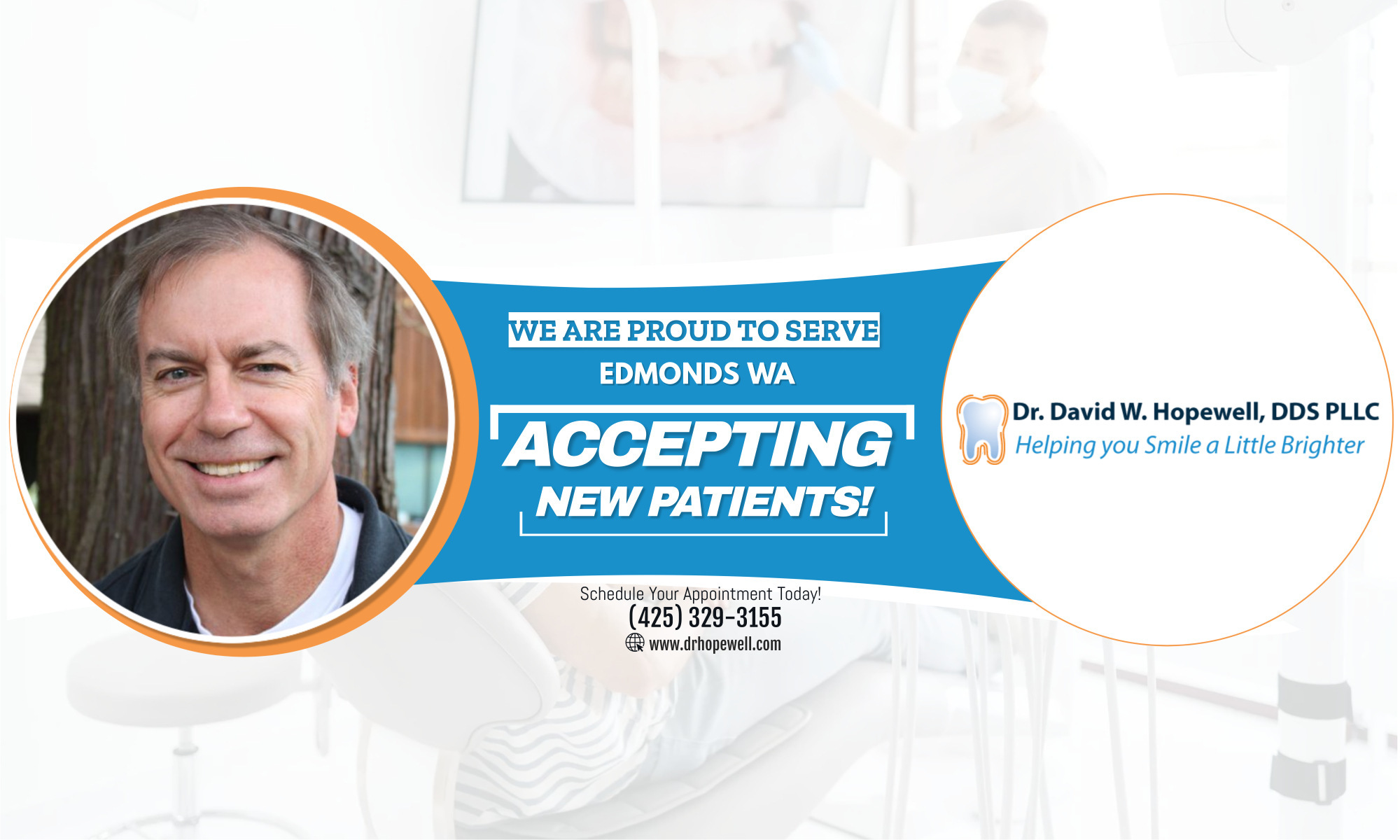It would be easy to get overwhelmed by the huge range of dental care products now available.
Even looking just at toothbrushes present a wide range of choices.
There are hundreds of manual and powered toothbrushes to choose from.
Start by looking for products that carry the American Dental Association Seal of Acceptance – this is an important symbol of a the product’s safety and effectiveness.
When you buy a toothbrush, replace it every three to four months. Replace it sooner if the bristles become frayed as a worn toothbrush will not clean your teeth properly.
Make it easy for your children to brush their teeth by choosing a child-sized toothbrush and make it more interesting for them by selecting fun colors and designs.
Often people who have difficulties with hand, arm or shoulder movements find that powered toothbrushes are the best choice. However, it’s also possible to make a few small changes to modify a manual toothbrush and make it easier to use.
For example, you can:
– Enlarge the handle with a sponge, rubber ball, or bicycle handle grip
– Lengthen the handle with a piece of wood or plastic
– Bend the handle slightly while running it under hot water
Your dentist will give you tips on what toothbrushes would be right for your needs.
